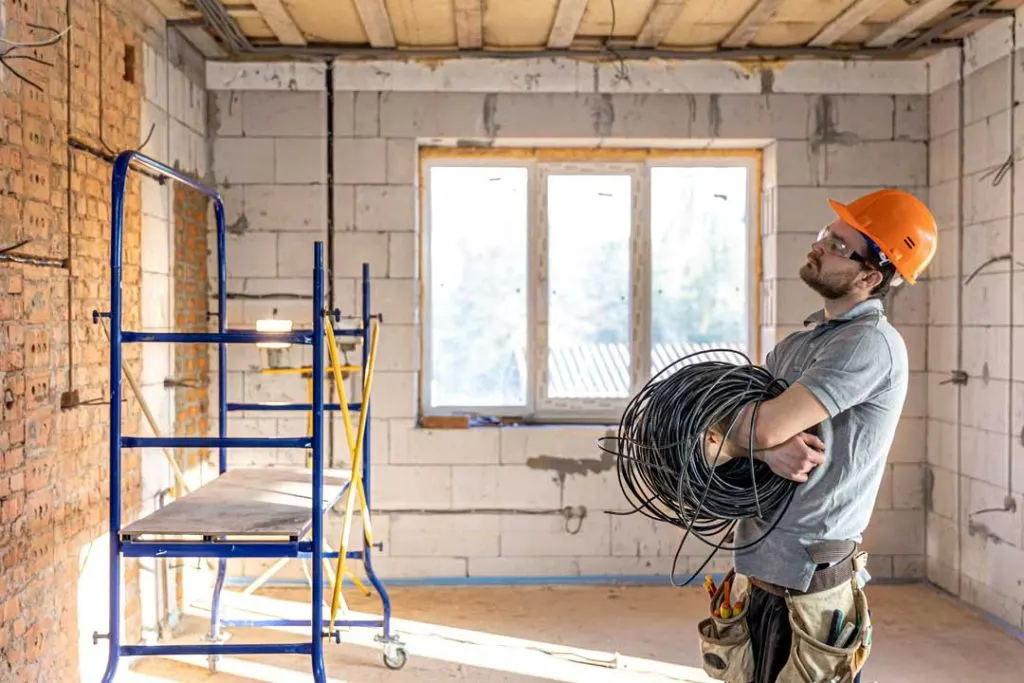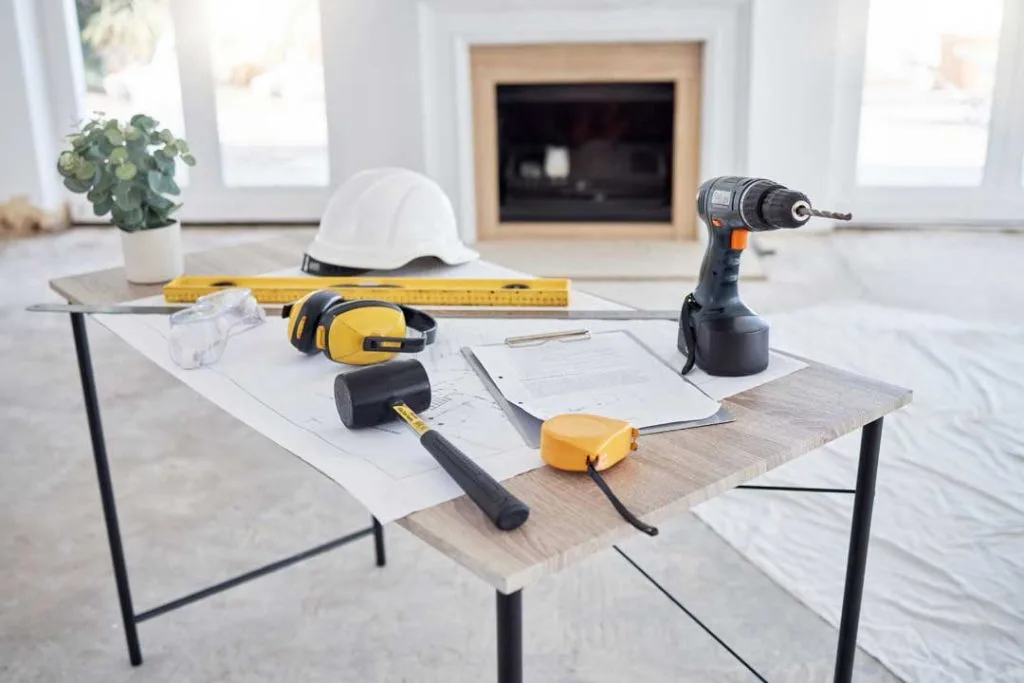Starting a home upgrade project is exciting—but rushing in without a plan can cost you time and money. Here’s how to do it right from the start.

Starting a new project around the house can feel exciting, but it can quickly become overwhelming without the right planning. Whether it’s updating a small space or making larger changes, it’s important to think through every step.
Setting clear goals, understanding costs, and knowing what to expect can help you avoid delays and unnecessary expenses. When planned well, any project can improve both comfort and function, leaving you with a result you’ll enjoy for years.
Many people make the mistake of rushing into a project without enough preparation. This can lead to going over budget, confusion with contractors, or outcomes that don’t match expectations. By planning carefully and thinking about the details, you’ll make smarter decisions and reduce stress along the way. The following points will help you approach your next project with confidence.
Set a Realistic Budget
Every successful project starts with a clear budget. Before making any decisions, figure out how much you can afford to spend. Make a list of everything you’ll need, from materials to labor.

Separate the “must-haves” from the “nice-to-haves.” Always set aside extra funds for unexpected expenses that may come up. Staying within a set budget helps avoid financial stress and keeps the project on track.
Focus on High-Impact Spaces
Not every part of the house has the same value or impact. Focus on spaces that are used daily and can improve both comfort and appearance.

These areas make the biggest difference in how your living space feels and functions. One space worth focusing on is the bathroom. If you’re planning to make improvements, opt for professional bathroom remodeling services.
Experienced remodelers provide expert design, high-quality materials, and professional installation, helping transform one of the most-used areas of any house into a beautiful and practical space.
Choose the Right Contractor
Selecting the right contractor is a critical part of any successful project. Take time to research and avoid rushing into a decision. Look for contractors with positive reviews, proper licenses, and a strong portfolio showcasing similar work.
Don’t hesitate to ask for references and contact past clients to hear about their experiences. A trustworthy contractor will be open, communicate clearly, respect your timeline, and stick to your agreed budget. Choosing wisely ensures your project runs smoothly and results in a final outcome you’ll be happy with.
Plan for Functionality and Layout
A beautiful design is only successful if it also works well for everyday life. Before choosing styles and finishes, consider how the space will be used regularly. Focus on layouts that support daily routines, offer convenience, and maximize usable space.

Incorporate smart storage solutions that help keep things organized and clutter-free. Practical design choices make life easier and ensure the space remains useful and enjoyable for years to come.
Understand the Project Timeline
Every project requires time and careful scheduling. Before starting, ask your contractor for a detailed timeline outlining each work stage. Be aware that unexpected delays can happen due to weather, supply issues, or other factors.
Understanding this in advance helps manage expectations and reduces stress. Staying patient and flexible allows the process to move forward smoothly, resulting in a better final outcome you can enjoy.
Prioritize Quality Materials
Choosing high-quality materials is one of the smartest decisions you can make. While cheaper options might save money upfront, they often wear out faster and need to be replaced sooner.
Quality materials last longer, look better, and can handle daily use without issues. Take time to research material options and ask your contractor for recommendations.

Investing in durability means fewer repairs and better long-term satisfaction with the results.
Think About Energy Efficiency
When planning any project, energy efficiency should be a key focus. Choosing energy-saving appliances, LED lighting, and well-insulated windows and doors can significantly reduce energy use. These choices help protect the environment and lower monthly bills.
Small upgrades, like low-flow faucets or energy-rated products, have a lasting impact. By prioritizing efficiency, you’ll create a space that’s comfortable and more cost-effective to maintain. Smart energy choices add value and make your home more sustainable in the long run.
Get Necessary Permits and Approvals
Before starting any project, it is important to check if permits are required. Even smaller jobs like plumbing or electrical work can need approval. Ignoring permits can result in fines, delays, or even having to redo work.
Talk to your contractor or local authorities to confirm what’s needed. Getting the right permits in advance ensures everything is done legally and safely. It also protects you from future problems if you decide to sell your property. Proper paperwork keeps your project on track and worry-free.
Set Clear Expectations with Contractors
Communication is key to a successful project. Before work begins, make sure you and your contractor are on the same page. Go over the scope of work, materials, timeline, and payment terms in writing. Ask questions if anything is unclear.
Regular check-ins help track progress and address concerns quickly. Clear expectations and good communication help avoid misunderstandings and keep the process smooth from start to finish.
Prepare for Disruption
Any remodeling project will bring some level of disruption to your daily life. Expect noise, dust, and areas of your house to be temporarily unusable. Plan ahead by setting up alternative spaces, like a temporary cooking area or backup bathroom options.
Keep your family informed about what’s coming and encourage patience during the process. Building flexibility into your schedule helps manage stress. Preparing in advance makes it easier to stay calm and adapt, allowing the project to move forward with fewer frustrations and smoother day-to-day adjustments.
Smart Planning Tips for Home Upgrade Projects
Every successful project starts with careful planning and smart decisions. You can avoid common mistakes and enjoy great results by focusing on key areas like budget, materials, functionality, and communication. Make time to prepare, ask questions, and work with trusted professionals.
While it may take effort and patience, the outcome will be worth it. With thoughtful planning and attention to detail, you’ll enjoy improvements that add comfort, function, and value for years to come.

Jessi is the creative mind behind The Coffee Mom, a popular blog that combines parenting advice, travel tips, and a love for all things Disney. As a trusted Disney influencer and passionate storyteller, Jessi’s authentic insights and relatable content resonate with readers worldwide.
